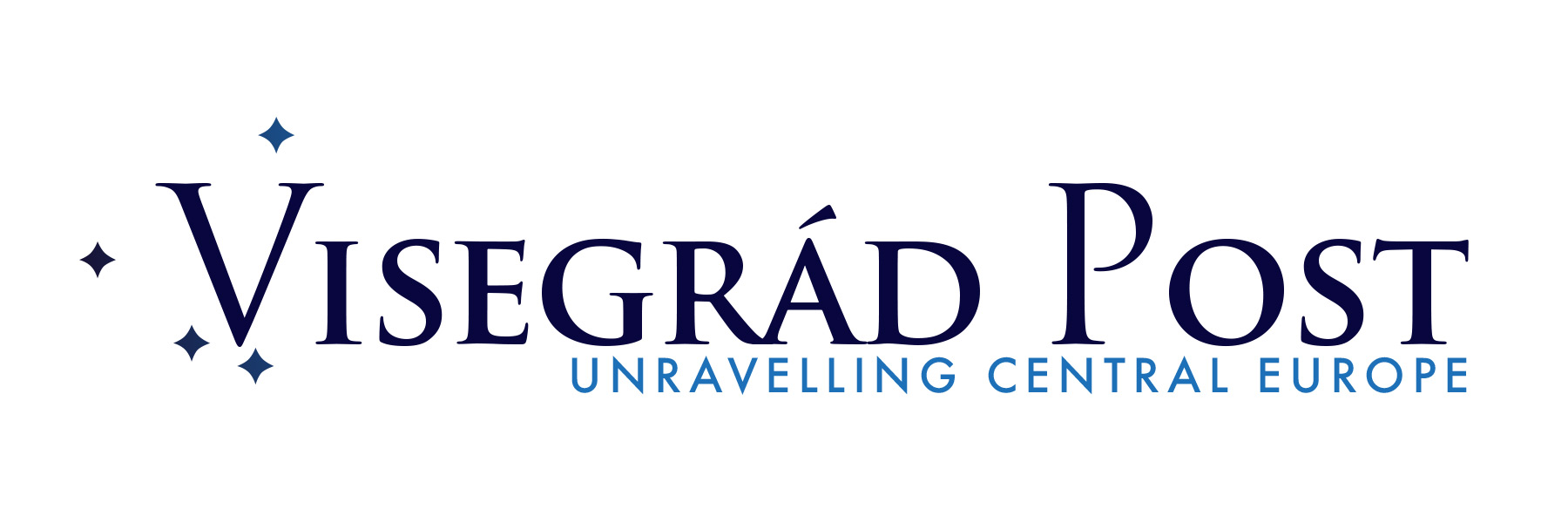This article has been published online by the Magyar Nemzet on March 14, 2021.
A concept idolized by the left is now an arbitrary political too.
Though Hungary was caught in the left-wing crossfire in the European Union near the end of last year, we successfully defended against the attack and represented Hungarian interests in the EU budget. However, what is unlawful cannot go unsaid. We cannot allow EU legislation that seriously infringes the principle of legal certainty to remain in force; therefore, as we promised last year, together with Poland, we have taken the conditionality mechanism to the Court of Justice of the European Union.
It is clear from even the above that the rule of law can mean a lot of things. What is rule of law? As Professor Csaba Varga wrote, rule of law has never become an operative legal term because it is not a concrete description of some existing concept; it is an expression of an intangible desire based on the attributes of a given legal system including its essential elements. The relationship between the meaning of this concept and the individuality of a given legal system is demonstrated in the way the concept has developed. In the development of the English legal system, the aim of rule of law was to fulfill the law in the system of judicial precedent, thus able to be independent of the ruler originally acting as legislator. Hence, for them, the essence of the rule of law is that all conflicts can be referred to a judicial forum which makes the law complete and accurate through its decisions.
It would therefore be absurd demand this goal from nations with continental legal systems where there is no precedent system. In contrast for instance is the German legal tradition in which the legislative branch alone determines the norm; thus, there the essence of rule of law is that the ruling power, including the state, is subordinated to the law. They also seek to have a body that guards over constitutionality. Similarly, the constitutionality of state power was central to the French legal system’s development. Subordination to the law alone would be an alien requirement in the Anglo-Saxon legal systems.
However, the differing legal traditions do not only manifest themselves in continental vs Anglo-Saxon comparisons; every state interprets the rule of law in light of their own historical, social and legal development. Accordingly, if we try to impose a one-size-fits-all version of rule of law for all states, this could easily lead to the violation of national constitutional traditions.
Many jurists have recognized the diversity within the meaning of rule of law. At a conference on rule of law organized under the UK Presidency of the Council of Europe in 2012, Professor Emeritus Ronald Dworkin from the University College London began his keynote speech with quite a strong statement: even the most enthusiastic supporters of the rule of law are in strong disagreement of its exact meaning. He cited the United Kingdom’s debate as an example of the vague understanding surrounding the rule of law: since the courts can repeal legislation, the legislators can be controlled as well, but on the other end, judges who have been appointed without a democratic election are essentially above the law. The US Supreme Court’s legendary conservative judge, Antonin Scalia, called it quite astonishing that international courts such as the European Court of Human Rights, could have such power. In his view, the closest ethos of the rule of law is that those determine the laws and norms who have been democratically elected by the citizenry. Certain elements like the principle of legal certainty that are inarguably part of this rule of law concept as well. However, the fulfillment and exact content of this may differ from one legal system to another.
In light of all this, it is also peculiar that international institutions now demand the most particular standards from legal systems that they are not even familiar with. For example, they do this with country reports, the basic content of which is largely compiled by politically biased NGOS. This could be circumvented if we all just acknowledged that their position is only one side of the coin and by no means the infallible truth. However, the remarks and even factual observations of the government under investigation are often overlooked by international institutions in their judgement reports. To cite Professor András Zs. Varga,
It is no coincidence therefore, that binding international documents do not attempt to clarify the rule of law concept. Various international organizations incessantly refer to it, but still have not set up any normative criteria.
We have found that the rule of law appears in the working language of the institutions like the United Nations, the Organization for Economic Cooperation and Development (OECD), the World Bank and others, without precise meaning, continually used to the point where its original ideal is devalued. While the Venice Commission of the Council of Europe tried to define a minimally common definition, this is not binding. All of these vague concepts allow for arbitrary interpretations which will ultimately be enforceable through international judicial channels, thereby forcing states into a framework of interpretation alien to their constitutional traditions.
For all these reasons, we cannot view the rule of law debate as anything more than a deliberately clouded and arbitrary political tool where there is no substantive debate and the opponents’ arguments go unheard. According to András Zs. Varga, “the idolization of rule of law has suppressed the rational and practical elements of it, losing all connection to reality. It can be invoked for any situation without explanation or justification; it has become an inviolable transcendent value.”
The Court of Justice of the European Union now has a historic opportunity to dispel our doubts and restore our belief that legal certainty, as a fundamental condition of rule of law, extends to EU treaties and institutions. We know that quality work takes time, so the Hungarian government is patiently awaiting the Court’s wise decision. Bon travail – jó munkát – good luck!
Judit Varga
The author is Hungary’s Minister of Justice




